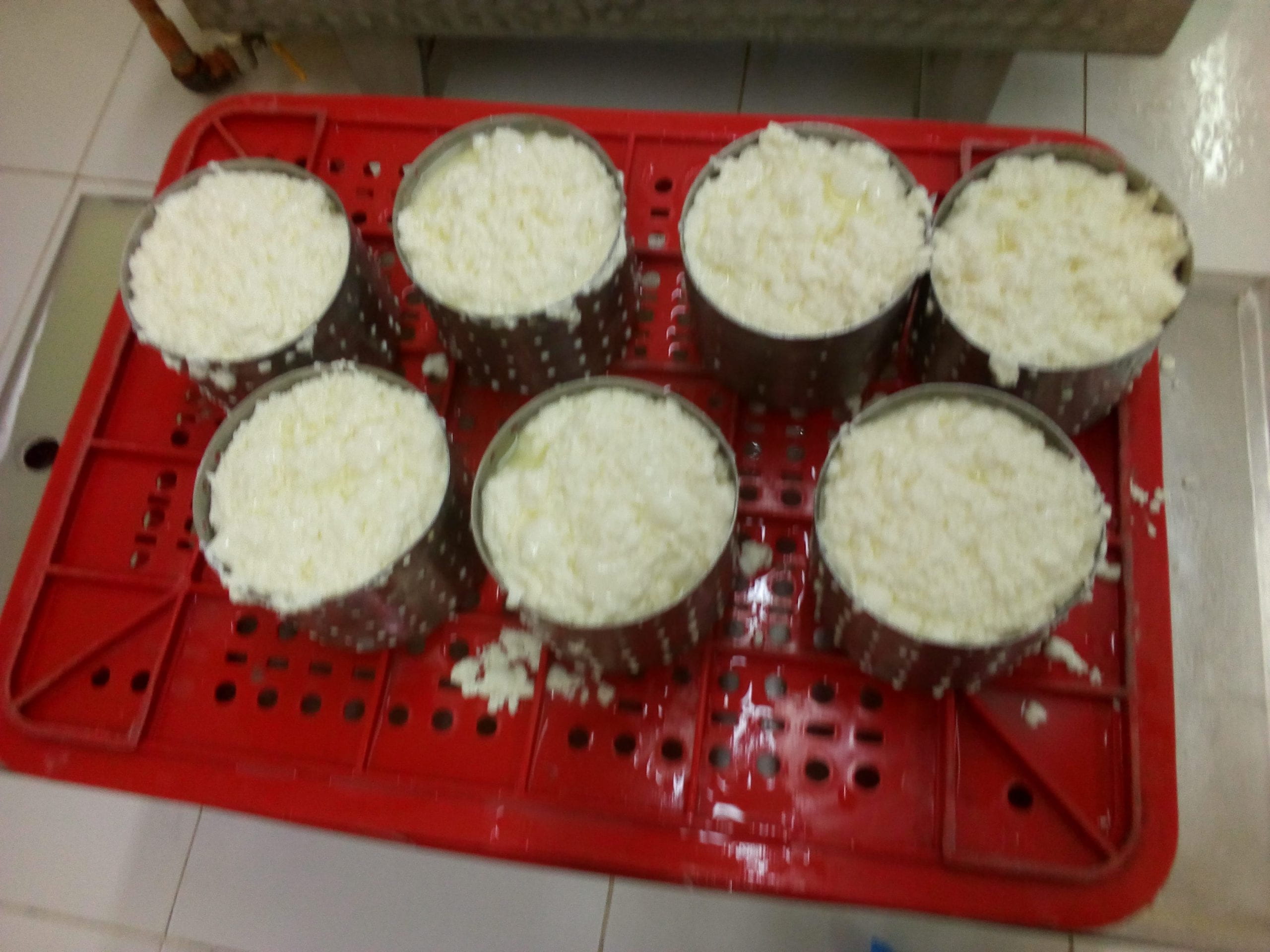Global Service Scholar: Mariela Padilla
Country: Paraguay
My stay in Paraguay has been filled with many surprises and many emotions. I hope to grow and develop more interpersonal skills in this journey, create more memories and leave a positive impact in the school of Cerrito.
Being in Paraguay for just two weeks has taught me so much about the people and culture, but has also challenged me. As a first generation Mexican-American, my mom made it a priority for me to stay grounded in my Mexican heritage; as a result, I have spent almost every summer of my life in Jalisco, Mexico. Since Paraguay is a Latin American country, I expected the culture and people to be much like in Mexico. However, this assumption has increasingly been incorrect.
Paraguay is definitely different from Mexico, but also similar in some ways. One of the most surprising aspects of Paraguay, specifically in Asunción, is that despite being a big city and the capital of Paraguay, it is for the most part remarkably clean. Asunción is much cleaner than many parts of metropolitan cities in Mexico like Mexico City or Guadalajara, and it’s also cleaner than parts of Los Angeles.
This was really surprising to me because being a Los Angeles native, I’ve seen many parts of Los Angeles that have litter and are disorganized. There are also many signs in Paraguay that emphasize the importance of cleanliness and picking up after yourself. Another preconceived idea that I had of Paraguay was that there was going to be much more informality in conversations. Again, this idea came from visiting Mexico.
Paraguay is a conservative country and this is apparent not only in religious matters but also in everyday encounters. People for the most part dress formally and even communicate very formally as well. It has been interesting to see and hear such formality, which is not as as common in Mexico or the U.S.
Since Paraguay is described as a “developing country,” I expected to see much more poverty. However, I’ve encountered more poverty in Mexico than I’ve seen in Paraguay. I know I have not seen that much of Paraguay, but what is apparent is that Paraguay is definitely not an overpopulated country. As a result, there is a lot of unoccupied land. So houses in Paraguay are horizontal like in the parts of the U.S, and unlike many Mexican houses or European houses that tend to be narrow and rectangular shape.
Also, sharp contrasts of poverty and wealth are not as apparent as they are in the U.S. Rather, most of the poverty tends to concentrated among the native people of Paraguay, such as the Qom and Guarani.
Two of the obstacles I found a bit challenging have been the food in Paraguay and adapting to a different schedule. In the states, I mostly led a vegan diet. In Paraguay even maintaining a vegetarian diet is quite the challenge. Paraguayan food consists of a lot of red meat, cheese, and bread. The Paraguayan diet is different from the food I am used to eating in the U.S. — mostly Mexican or Mediterranean.
The food in Paraguay is significantly influenced by German culture. Many Paraguayan people actually have German heritage. And the government of Paraguay has strong ties with Germany. My diet has changed a lot since I left the U.S., but I know this change is only temporary.
Additionally, the time change from the West Coast to Paraguay was difficult to adjust to at first. However, with the busy schedules and the change to rural living, my sleep schedule changed again. While interning in the school of Cerrito, we had to adopt the same schedule as soon as the students there. Students in Cerrito wake up just before sunrise (5:30 am) to be ready for attendance at 6 am. Having a schedule that started at 6 am and ended at 4pm was exhausting and insightful because it made me realize the reality of the students there.
The students in the school are very mature for their age and have a lot of knowledge about a wide variety of topics. It was also exciting to be working in the fields and getting my hands dirty and finally learning life skills that I have always wanted to learn, such as gardening and working the land.
Another section that we are determined to work on other than field work, is helping students with their emotional and social skills. The Global Service Scholars are divided into three groups, and my group will be in charge of helping students develop coping skills and life skills in general. Our goal is to develop an ongoing mentorship program between seniors and freshmen to reduce bullying and hostility between these two groups. We have so much we want to do but there is only so much we can do in such little time.

